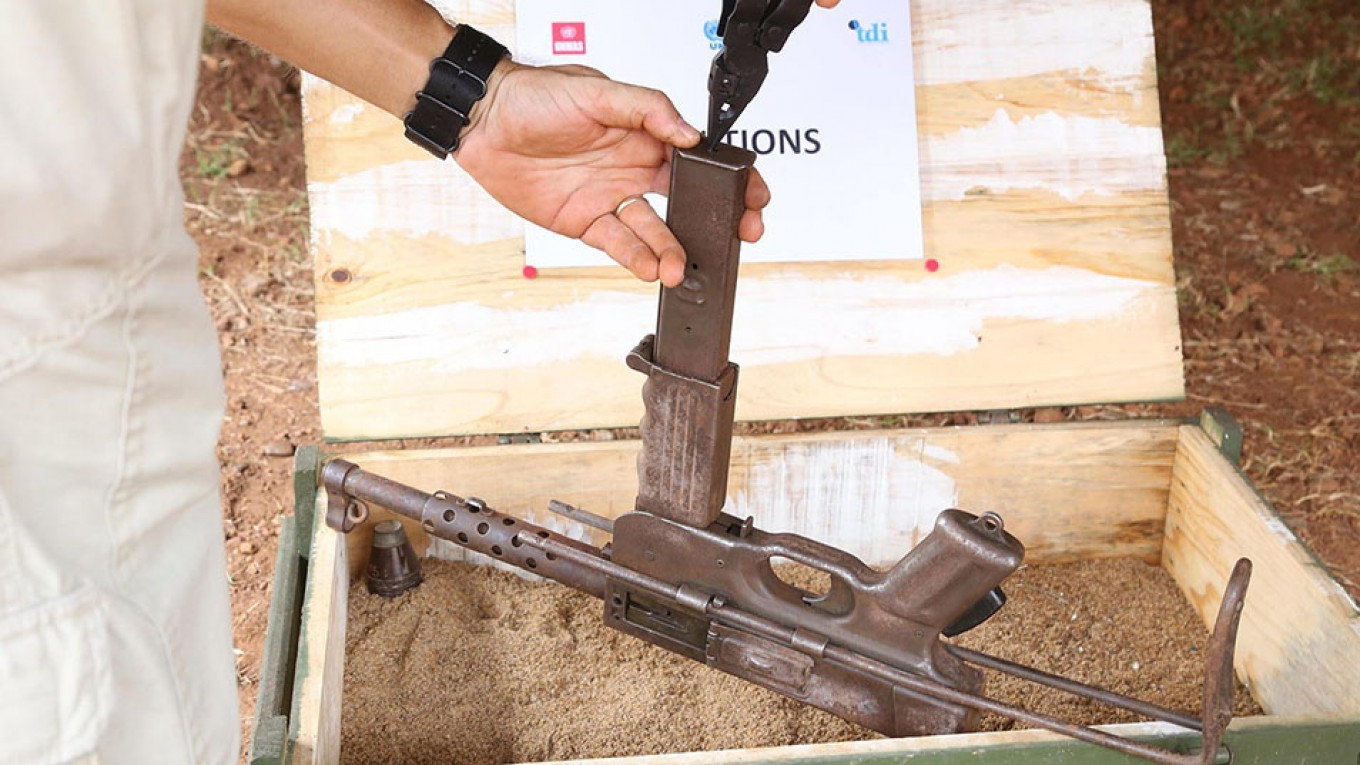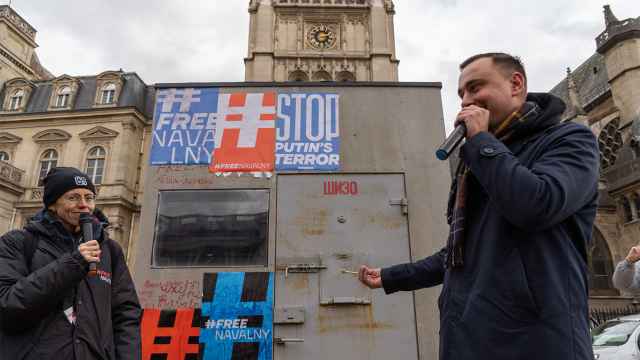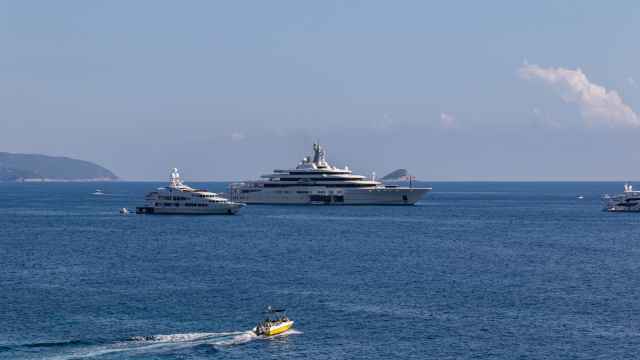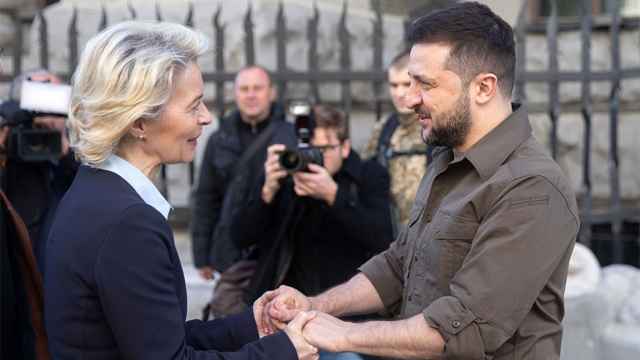Russia's expanding influence in Central African Republic (CAR), a former French colony, over the past months is not likely to stabilize the country, French Defense Minister Florence Parly told weekly Jeune Afrique.
In December 2017, Russia obtained the go-ahead from the United Nations' Security Council to deliver arms to CAR, facing near-constant armed conflict since 2013, when a mostly Muslim Seleka rebel coalition overthrew then-president Francois Bozize, prompting reprisals from Christian 'anti-balaka' militias.
Despite electing a new leader in 2016, the country has been mired in tit-for-tat inter-communal violence and political instability.
Earlier this year Russia donated hundreds of weapons and sent 175 trainers to CAR to bolster the government's fight against militia groups.
And last week it said it planned to send additional equipment and deploy more instructors, escalating its most significant military foray in Africa in decades.
Asked if Russia's growing influence in CAR was posing a threat to French interests, Parly said: "I will not speak of French interests but of Central African interests".
"Africa belongs to Africans and no one else, no more to the Russians than the French," she says.
"Russia has asserted its presence in the Central African Republic in recent months, it is true, but I am not sure that this presence and the actions deployed by Moscow, like the agreements negotiated in Khartoum at the end of August, help to stabilize the country," she said.
Russia's foreign ministry had defended its actions against what it said was "a certain 'jealousy'" by other foreign powers over Russia's role in CAR.
Central African armed groups signed a preliminary agreement at the end of August in Khartoum under the aegis of Russia and Sudan, while the African Union, supported by Paris, was overseeing post-crisis negotiations.
France has a military presence in CAR, mainly within the UN peacekeeping mission, known as MINUSCA.
A Message from The Moscow Times:
Dear readers,
We are facing unprecedented challenges. Russia's Prosecutor General's Office has designated The Moscow Times as an "undesirable" organization, criminalizing our work and putting our staff at risk of prosecution. This follows our earlier unjust labeling as a "foreign agent."
These actions are direct attempts to silence independent journalism in Russia. The authorities claim our work "discredits the decisions of the Russian leadership." We see things differently: we strive to provide accurate, unbiased reporting on Russia.
We, the journalists of The Moscow Times, refuse to be silenced. But to continue our work, we need your help.
Your support, no matter how small, makes a world of difference. If you can, please support us monthly starting from just $2. It's quick to set up, and every contribution makes a significant impact.
By supporting The Moscow Times, you're defending open, independent journalism in the face of repression. Thank you for standing with us.
Remind me later.






